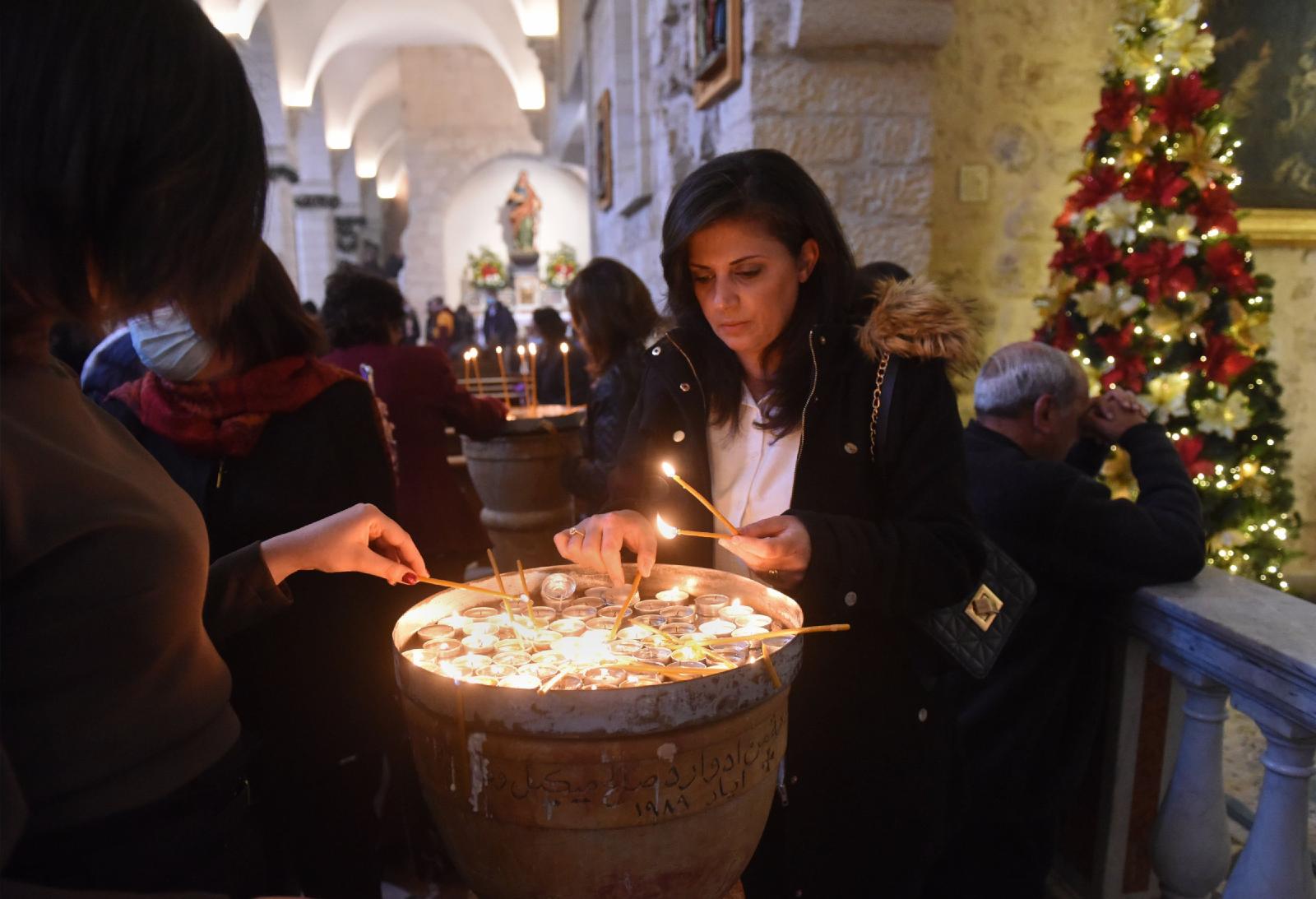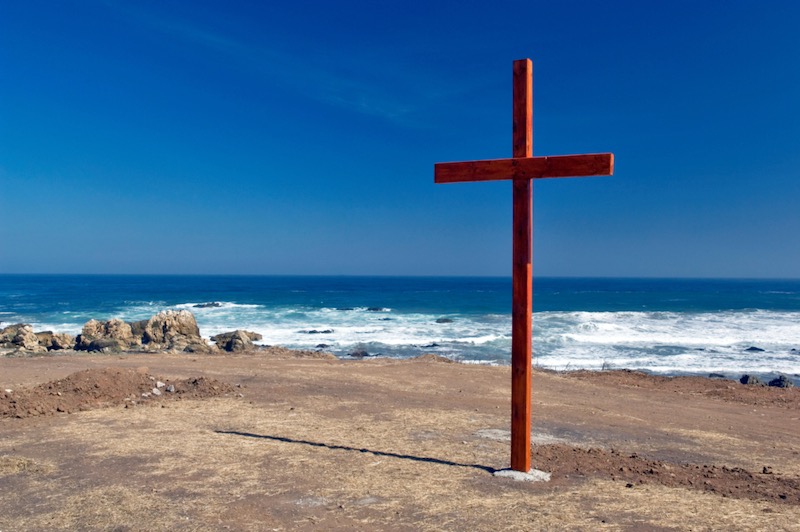By the time you read this, the Great British Bake of July 2022 should have abated. But at the time of writing, apocalyptic temperatures of up to 43 celsius (that’s 109 in the Old Money) are being predicted. It’s a blistering reminder of the parlous state of the planet and the immediacy of the climate emergency.
It’s testing the endurance of both my body and mind so I’ve retreated to my medieval comfort zone in the quest for a saint willing to extend their protective parasol of patronage against the devilish heat.
No obvious candidate is listed in the appropriate appendix of my dog-eared Oxford Dictionary of Saints (the fact that there’s no officially designated patron surely says something about the rapidity of man-made climate). But a search of other hagiographical books resting on my bookshelves (the oldest printed in 1509 - more on that another time), and I have to be honest, Google, yielded four possible candidates.
I’ll introduce them alphabetically. As you’ll see, although none have an immediate association with scorching summer sunshine, each has their own colourful stories showing forbearance in the face of weather or heat-related adversity.
The list starts with St Florian. Born in 250 in the Roman city of Aelium Centium (modern Sankt Pölten, Austria), Florian became an officer in the Imperial army. In c.304 during the last great persecution of the Church initiated by the Emperor Diocletian, Florian refused to sacrifice to pagan gods. For this he was condemned to death by burning. While standing on the pyre, Florian defiantly challenged the soldiers who were about to ignite the flames, “If you do, I will climb to heaven on the flames.” His martyrdom was therefore by water rather than fire. The fearful soldiers executed Florian by tying a millstone around his neck and throwing him into a nearby river.
It was the saint’s fortitude when confronted with flames that provided inspiration for his later legend and veneration. His efficacy against conflagrations was such that, in his native Germanic lands, he came to be counted among the Fourteen Holy Helpers, a select group of saints whose assistance and friendship was sought at times of adversity and danger – in St Florian’s case, fire. According to one miracle associated with him, simply invoking the name of St Florian was enough to save a man from certain death in his burning house.
Since the Middle Ages, he’s been depicted as a soldier pouring a pail of water to quench the flames of a burning building at his feet. Unsurprisingly, he’s also patron saint of firefighters – those currently combating the ferocious forests fires in France, Portugal and Spain need all the help they can get.
St Genevieve, patron of Paris who died in c.500 is my next suggestion. Born at Nanterre, just west of Paris, she became a nun at an early age, dedicating herself to a life of austerity and prayer. Genevieve had the misfortune to live in interesting times and provided inspiration leadership to the people of Parisians against the barbarian hordes who frequently besieged the city’s crumbling Roman walls. Her prayers and fasting were even credited with diverting Attila and his Huns from a planned attack on Paris.
Even after death, St Genevieve continued to act as a protectress of Paris. Her relics were carried in procession at times of disaster and as late as 1694 were credited with slaking the drought that afflicted the French capital, an event commemorated in a monumental oil painting by Nicolas de Largillière.
St Laurence is arguably the best known of my potential patrons. A deacon in Rome, he was esteemed for his almsgiving and died for his faith in 258.
Historically dubious later sources say that he was martyred by being roasted a grid-iron. The Golden Legend, a 13th-century collection of saints’ lives, recounts how, with a “cheerful countenance”, Laurence said to the Emperor Decius, who was observing the execution: “Look, wretch, you have me well done on one side, turn me over and eat!” His feast day, 10 August, falls in an appropriately sultry time of the year.
Finally, there’s St Médard, a sixth-century bishop of Vermandois in what’s northern France. To be honest, I’d never heard of him until this name popped up when I did a Google search for the patron saint of heatwaves.
A little more digging showed that his name would’ve been very familiar in medieval England, his relics claimed by numerous cathedrals and monasteries including Durham, Exeter, Glastonbury, Peterborough and Salisbury. An able administrator and famously generous to those in need, Médard was the focus of veneration from almost the moment of his death in c.560.
There are two possible reasons for the saint’s purported patronage of heatwaves. First, his feast day falls on 8 June, and like St Swithin’s day on 15 July (see my column from a year ago), the weather then is said to prevail for the next forty days. Be it rain or shine, on his feast, an “irreproachable” girl in the village of Salency is crowned with a chaplet of roses in a local chapel dedicated to St Médard.
Alternatively, an eleventh-century source recounts how a raven landed on the head of the young Médard and extended its wings to protect the nascent holy man from the elements – in this case, rain. The saint’s relics rested in the abbey dedicated to him at Soissons. For some reason, he was also invoked against toothache. There’s versatility for you.
Men and women of action, leaders in times of crisis and steadfast in the face of adversity, each of these saints would provide a suitable patron during these fiery days. The way things are heading, we’re going to need all the inspiration, courage and friendship we can get to cope with our frighteningly heating world.



 Loading ...
Loading ...
What do you think?
You can post as a subscriber user ...
User comments (0)